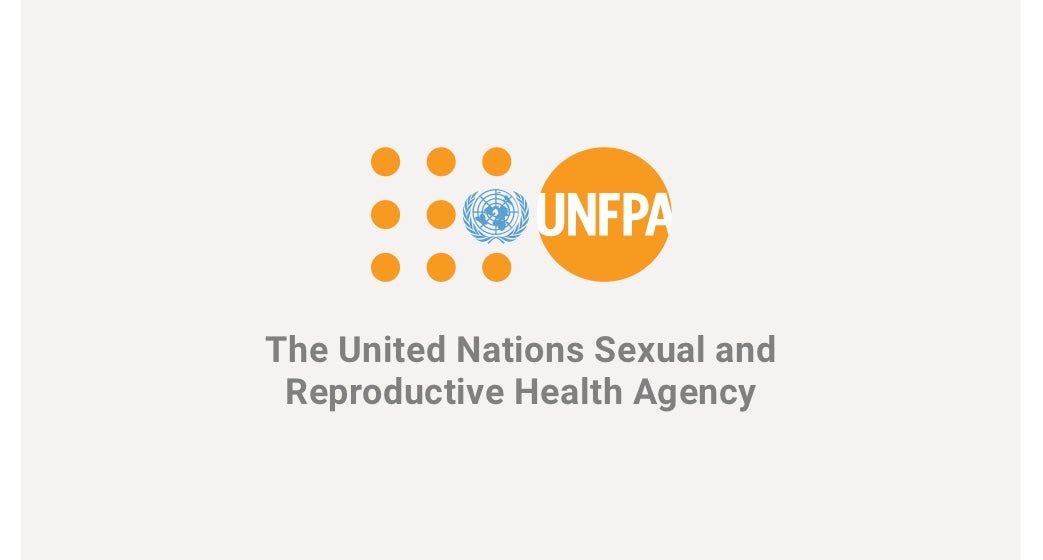Background information
The Republic of Haiti's population in 2022 is 11.8 million, with 57 percent living in urban areas. Young people under 25 account for 51.4 percent of the population in 2022. Over the last two decades, population growth has slowed down, due to declining fertility rates (from 4.8 in 1994 to 3 in 2017) and increased out-migration flows.
Haiti faces multiple structural and multidimensional challenges in the political, social, economic, security, environmental and humanitarian spheres. The political and socio-economic crisis, food insecurity, gangs’ violence, disasters, climate change and the cholera endemic have contributed to worsen the precarious humanitarian situation. Haiti´s high vulnerability to recurrent disasters - especially hurricanes, floods, and earthquakes - contributes to deepening the cycles of poverty, inequalities, displacement, and migration. Since the end of July 2022, Haiti has been experiencing social protests that have gradually gained momentum, through roadblocks across major cities, looting the offices and warehouses of international and national organizations, until reaching an alarming peak across the country on 12 September and the entire country remains paralyzed. With escalating armed gangs, violence has affected 1.5 million people, especially young people (OCHA, 2021) in the metropolitan area of the capital Port-au-Prince, contributing to internal displacement and an increased risk of gender-based violence.
The 2030 Agenda and the ICPD Programme of Action are anchored in the main national policies, plans and strategies, such as the Haiti Strategic Development Plan (2012-2030), the post COVID-19 economic and recovery plan (2020-2023), and the Health Master Plan (2021-2031), among others. Given the country’s pressing humanitarian needs, UNFPA will prioritize humanitarian preparedness and response, ensuring the complementarity of interventions across humanitarian-development-peace contexts and strengthening United Nations coordination to build the resilience of institutions, communities and individuals to cope with recurrent disasters and emergencies, worsened by a heightened climate change impact. An estimated 4.9 million Haitians (43 percent) need humanitarian assistance (OCHA, 2022).
Organizational setting
The Humanitarian Coordinator will work under the UNFPA Deputy Representative supervision and overall guidance of the Resident Representative. He/She will play a leadership role in delivering the UNFPA country office humanitarian response across all areas. She/he work in close coordination and collaboration with Programme Coordinator SRH and Quality of Care, the GBV Programs officers, International operations manager, security officer, procurement and supply chain on all programme, operations and technical matters.
She/he will also work closely with different entities including humanitarian agencies, civil society, the Ministry of women’s rights, government authorities, NGOs and partners to reinforce the humanitarian assistance in GBV prevention and response in Haiti in coordinated manner.
FOR MORE DETAILS AND TO APPLY CLICK ON THE LINK BELOW AND SUBMIT YOUR APPLICATION BY 20 DEC 17.00 HRS NY LOCAL TIME
We are no longer accepting applications for this position.


